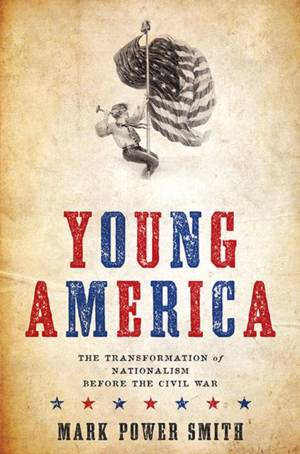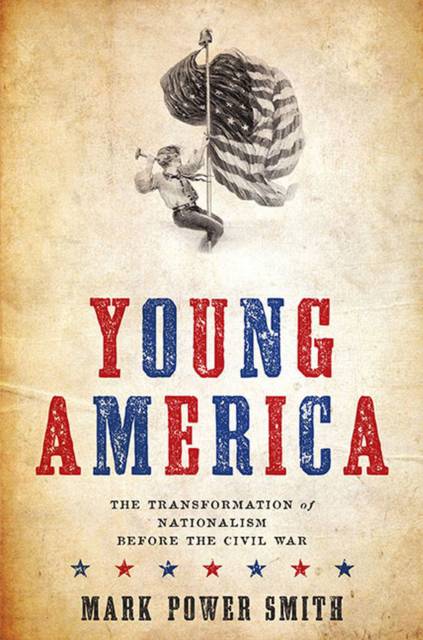
- Retrait gratuit dans votre magasin Club
- 7.000.000 titres dans notre catalogue
- Payer en toute sécurité
- Toujours un magasin près de chez vous
- Retrait gratuit dans votre magasin Club
- 7.000.0000 titres dans notre catalogue
- Payer en toute sécurité
- Toujours un magasin près de chez vous
Description
The Young Americans were a nationalist movement within the Democratic Party made up of writers and politicians associated with the New York periodical, the Democratic Review. In this revealing book, Mark Power Smith explores the ways in which-in dialogue with its critics-the movement forged contrasting visions of American nationalism in the decades leading up to the Civil War.
Frustrated, fifty years after independence, by Britain's political and cultural influence on the United States, the Young Americans drew on a wide variety of intellectual authorities--in the fields of literature, political science, phrenology and international law--to tie popular sovereignty for white men to the universalist idea of natural rights. The movement supported a noxious program of foreign interventionism, racial segregation, and cultural nationalism. What united these policies was a new view of national allegiance: one that saw democracy and free trade not as political privileges but as natural rights for white men.
Despite its national reach, this view of the Union inadvertently turned Northern and Southern states against each other, helping to cultivate the conditions for the Civil War. In the end, the Young America movement was ultimately consumed by the sectional ideologies it had brought into being.
Spécifications
Parties prenantes
- Auteur(s) :
- Editeur:
Contenu
- Nombre de pages :
- 292
- Langue:
- Anglais
- Collection :
Caractéristiques
- EAN:
- 9780813948539
- Date de parution :
- 22-09-22
- Format:
- Livre relié
- Format numérique:
- Genaaid
- Dimensions :
- 152 mm x 230 mm
- Poids :
- 521 g

Les avis
Nous publions uniquement les avis qui respectent les conditions requises. Consultez nos conditions pour les avis.






